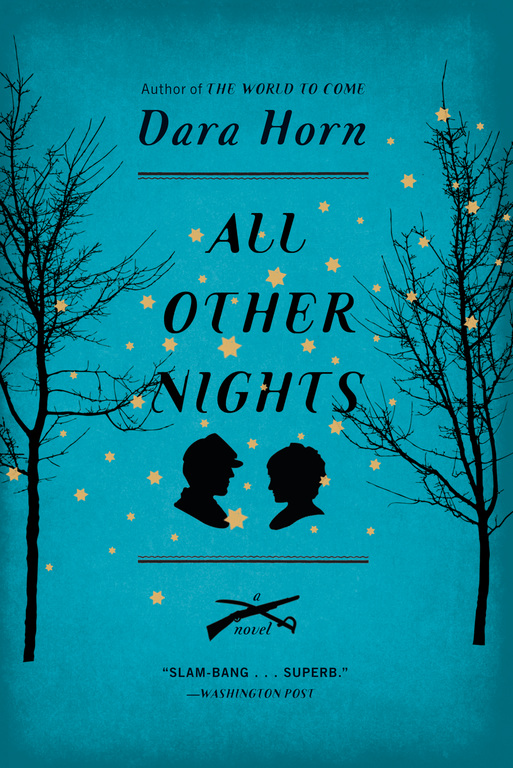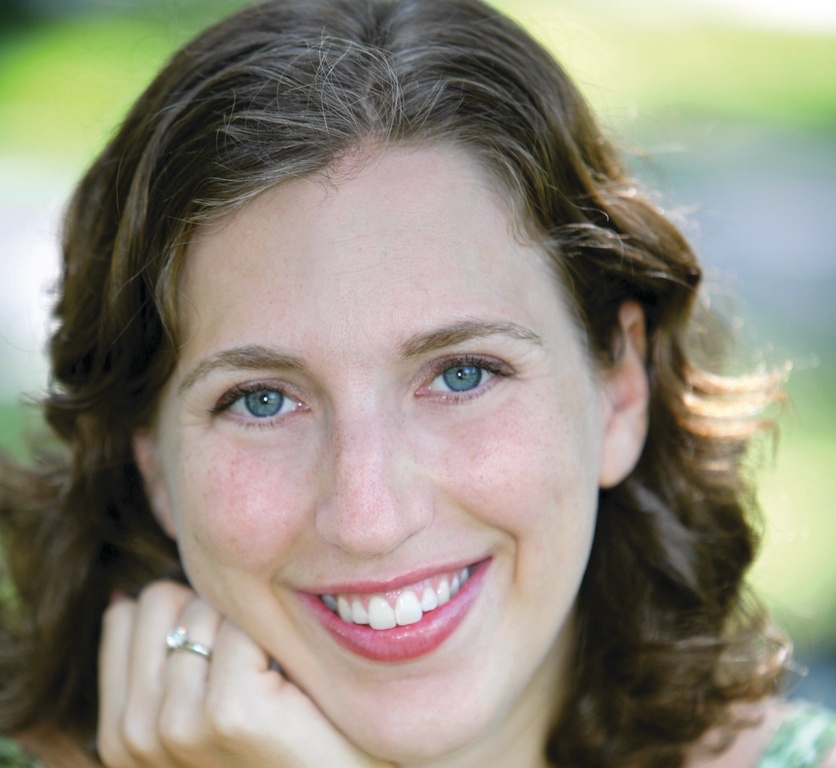Q and A with Dara Horn
Issue of February 12, 2010/ 28 Shvat 5770
Dara Horn is the critically acclaimed author of The World To Come, a National Jewish Book Award for Fiction recipient, and most recently All Other Nights, which was selected as an Editors' Choice in the New York Times Book Review. If that wasn't impressive enough, Dara has a PHD in Hebrew and Yiddish Language and has taught at universities throughout America and Canada.
Michael Orbach: What was the inspiration for your latest novel?
Dara Horn: I think that every historical novel is really much more about the time in which it is written than the time in which it takes place, and that is very true for this book. The Civil War attracted me because of how polarized America has become in the past decade, and because of how impossible it has become even to have a conversation about current events without knowing in advance what the other person believes. The divide between conservatives and liberals, or “red states” and “blue states,” really does go back to the Civil War in so many ways; the “red states” and “blue states” tend to follow the Mason-Dixon line and its legacies. And in the Jewish community this divide is even more pronounced, because for the Jewish community, the stakes in conversations about current events often feel so much higher. It is a divide that runs through a country, a community, through families.
In 2002, after my first novel was published, I was invited to speak in New Orleans, and while I was there, I came across an old Jewish cemetery. I was surprised to see that the graves went back to the early 1800s. When I read more about it, I discovered that New Orleans in the nineteenth century had the second largest American Jewish population after New York. I began reading about Jewish communities during the Civil War and discovered a wealth of material, and what most intrigued me was how these communities responded to the war. Generally they did so with a passionate patriotism, regardless of which side they lived on. But as a national community, their response was a bit unusual. Many American religious denominations split at the time of the Civil War, which is why to this day there are “Southern” Baptists or “Southern” Methodists. But while there were already national Jewish organizations in America by then, such as B’nai Brith, none of them split during the Civil War. One could claim this was due to the Jewish community’s small size (about 130,000 Jews lived in America in 1860), but I also think there was a more profound reason. Today it is common for Americans to have relatives around the country, but in the nineteenth century this was fairly rare—except among American Jews, who, because they were more often running businesses than running farms, were more likely to live mobile lives and to have relatives and business contacts in other parts of the country. This made them somewhat more likely than other Americans to appreciate the other side’s point of view.
It was this tension between the need to prove one’s loyalty to one’s home and a sense of closeness to people on the other side that I found fascinating. Civil War fiction is usually written from an uncompromising point of view—most often sympathetic to the South. I wanted to write something that showed the cruelty and the humanity of both sides, and in the Jewish community of the time I found a way to express it.
MO: You said that initially the novel was supposed to be about a meeting between Mark Twain and Sholom Aleichim. What did the two authors have in common? Who would win in a fistfight?
DH: Mark Twain and Sholom Aleichen had a tremendous amount in common. Both lost parents at a very young age, both were born into impoverished families in rural communities of a type that disappeared a generation later, both were humorists who made their living in part as comic public speakers. More importantly, they wrote in very similar styles—writing in a “folk” idiom and often from the point of view of a poor and less educated character. Neither would win a fistfight, because neither would fight. In fact, by coincidence, both of them had their homes broken into when they were in their fifties, and both of them spent the break-in hiding under their respective beds while their respective wives chased out the burglars by wielding wooden spoons!
MO: What are your thoughts on the passing of Avrum Sutzkever, arguably the greatest Yiddish poet of the century (or some would say, ever)
DH: Sutzkever’s work is beyond brilliant, beyond beautiful, and I consider myself fortunate simply to have lived in the same world as him. (Translations of his work are available in a collection by translator Benjamin Harshav.) The Yiddish literary journal he edited in Israel was called Di Goldene Keyt, which means “The Golden Chain”—a metaphor in Yiddish culture for the Jewish literary tradition that each generation must uphold and continue. As a Jewish writer, I can only aspire to be worthy of taking hold of the golden chain.

 45.0°,
Partly Cloudy
45.0°,
Partly Cloudy 









